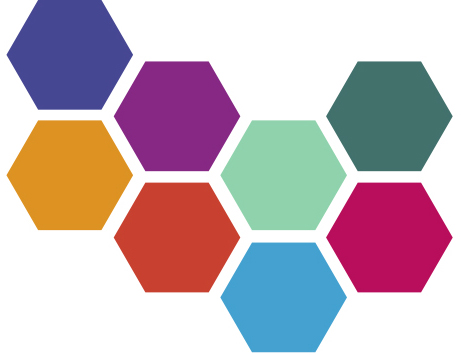Iceland has a high level of education. Literacy-rate is universal, and has been since the end of the eighteenth century. In 1907 school attendance was made obligatory for all children aged 10-14. Today, Iceland’s educational system has four levels, of which only one is compulsory. A fundamental principle of the Icelandic educational system is that everyone should have equal opportunities to acquire an education, irrespective of sex, economic status, residential location, religion, possible handicap, and cultural or social background
Pre-school education
Pre-schools or nurseries can be attended from the age of 12 months to 6 years. They are defined as the first level of the educational system. The majority of Icelandic children attend pre-school and the fees are heavily subsidised by local councils.
Compulsory education
Icelandic law dictates that education is mandatory for children between the ages of 6 and 16. Compulsory education is organised in a single structure system, where primary and lower secondary education form a part of the same school level. There is no tuition for compulsory education.
Upper secondary education
Upper secondary education is not compulsory, but anyone who has completed compulsory education has the right to enter a course of studies in an upper secondary school. Students are usually 16-20 years of age. With the exception of one private school, there is no tuition for upper secondary education.
Click here for an information booklet on upper secondary education for people moving to Iceland:
Higher education
Anyone who has completed upper secondary education in Iceland can apply to study at a university. With the exception of some courses like medicine and dentistry, the University of Iceland is obliged to accept all students who have an upper secondary diploma.
Iceland has seven higher education institutions, the largest of which is the University of Iceland founded in 1911. Most traditional programmes are offered in Iceland, with the exception of some highly specialised courses. Many Icelanders also conduct at least part of their university education abroad. Iceland’s universities attract hundreds of foreign students each year and many courses are taught in English. The country is well known for strong programmes in Icelandic language and literature, glaciology, and geology.
There are no tuition fees at the state universities (although there are registration fees), and student loans are available to cover living expenses and school materials.
For further information, visit the website for the Ministry of Education, Science and Culture.
Source: Iceland.is

